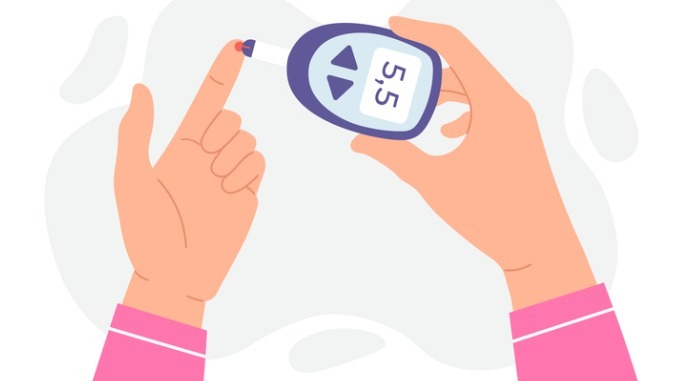
With diabetes rates steadily rising, practice managers have a vital role in fostering awareness and understanding of the condition to improve early detection and proactive management
CREDIT: This is an edited version of an article that originally appeared on NHS England
An estimated 5.6 million people in the UK are currently living with diabetes, with the number of cases steadily increasing. Recent data reveals that over the past year, an additional 549,000 individuals have been identified as being at risk of developing type 2 diabetes. This growing trend highlights the urgent need for increased awareness, early detection and proactive management of the condition.
Diabetes is a complex and often misunderstood condition, and when individuals can discuss it openly and receive support, they are more likely to make positive lifestyle changes. For practice managers, this presents a critical opportunity to support both patients and the wider community.
Encouraging a culture of diabetes knowledge within a practice can have numerous benefits. First, it promotes early intervention, allowing patients to take control of their health before complications arise. It also fosters an environment where individuals feel empowered to make informed decisions about their care and treatment options.
Understanding Diabetes
Many people mistakenly believe that type 2 diabetes is simply a milder, earlier form of type 1 diabetes, but they are distinct conditions, both of which can affect individuals of all ages, including children and adults. In type 1 diabetes, the pancreas is unable to produce insulin, a hormone responsible for regulating blood glucose (sugar) levels. As a result, blood sugar levels rise and must be managed with insulin. This is a lifelong condition that currently has no cure.
In contrast, type 2 diabetes occurs when the pancreas either doesn’t produce enough insulin or the insulin it produces doesn’t work effectively, leading to elevated blood glucose levels. Type 2 diabetes can often be managed through lifestyle changes, such as diet and exercise, although medication may also be needed.
Additionally, there is another form of diabetes called gestational diabetes, which develops during pregnancy when high blood sugar levels occur. Though it typically resolves after childbirth, women who experience gestational diabetes are at a higher risk of developing type 2 diabetes later in life.
Helping Patients Live with Diabetes
Adhering to healthy eating habits, staying physically active and consistently taking medication are crucial for managing diabetes effectively. Regular blood glucose testing and attending routine diabetic health checks also play a key role in maintaining good health for those living with the condition. Additionally, people with diabetes are among the groups recommended for seasonal vaccinations, as diabetes can make individuals more susceptible to severe illness from flu or Covid-19.
Practice managers can play a pivotal role in promoting better knowledge of diabetes within their practices by creating an environment that prioritises education and awareness. This can be achieved by offering staff regular training on the different types of diabetes, the importance of early detection and the latest management strategies.
Practice managers can also encourage open discussions about diabetes with patients, providing them with clear, accessible information about the condition and available support services.


Be the first to comment